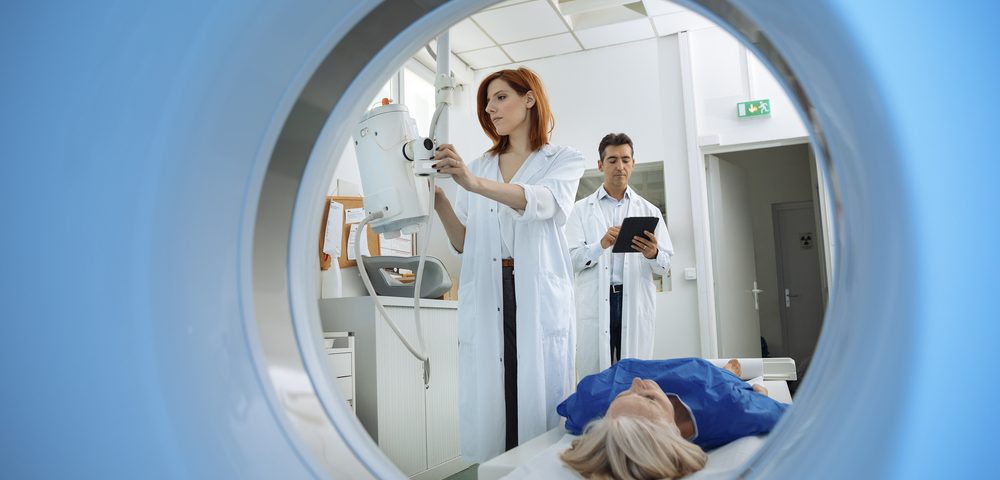Mesothelioma patients treated with chemotherapy and a modern type of radiotherapy called IMPRINT survive longer after lung-sparing surgery than patients who received conventional radiotherapy, an analysis of patient outcomes indicates.
The study, “Improved Outcomes with Modern Lung-Sparing Trimodality Therapy in Patients with Malignant Pleural Mesothelioma,” was published in the Journal of Thoracic Oncology.
Researchers at the Memorial Sloan Kettering Cancer Center in New York looked at the outcomes of 209 mesothelioma patients treated at the clinic between 1974 and 2015. Among them, 131 patients, or 63 percent, received conventional radiation therapy.
In 2005, the hospital started treating mesothelioma patients with IMPRINT, or hemithoracic intensity-modulated pleural radiation therapy. That means 78 patients, or 37 percent of the 209 in the study, received IMPRINT treatment.
IMPRINT is a more precise variety of radiation. It is delivered to one side of the chest only, and the dose and radiated area can be adjusted to spare as much healthy tissue as possible.
The patients in the study had one of three types of lung-sparing surgery: extended pleurectomy and decortication, pleurectomy and decortication, or partial pleurectomy. The procedures remove pleura, or lung membranes, and tumor tissue without damaging healthy tissue in the lungs.
Ninety percent of those treated with IMPRINT also received chemotherapy. In contrast, chemotherapy was administered to only 11 percent of patients who were treated with conventional radiation.
The groups differed in age, with more patients over 64 in the IMPRINT group. Those receiving the modern radiotherapy functioned better, had an epithelioid type of cancer, and higher disease stages than the group treated with conventional radiotherapy.
Patients receiving IMPRINT survived a median of 20.2 months, versus 12.3 months for those on traditional therapy. There were no differences in progression-free survival, however.
Those who survived longest were in better general health and more likely to have epithelioid mesothelioma. Better survival was also seen in those whose entire tumor was removed by surgery.
In terms of side effects, IMPRINT caused moderate to severe fatigue more often than conventional therapy: Forty-seven percent of IMPRINT patients were affected, compared with only 16 percent in the conventional group.
Also, cough was more common in IMPRINT patients, affecting 18 percent, versus 2 percent in the conventional group.
Those treated with conventional radiotherapy developed grade 2 or higher esophagus inflammation more often — 47%, compared with 23% in the IMPRINT group.
Four patients in the conventional, and two in the IMPRINT group, died of causes possibly related to treatment toxicity.


